
One day decades ago, Natalie Wood and her sister Lana Wood were headed to the dermatologist’s together. The appointment was a casual occasion for Lana, who wore jeans and a T-shirt. Natalie, however, had a full face of make-up on.
“I said, ‘Why did you put on make-up? They’re going to scrape our faces. They’re going to have to wash it all off,’” Lana recalls in a phone conversation with The Independent. “And she said she did it for her fans. This was what they expected, and she didn’t want to show herself as less than Natalie Wood was perceived. She had to go out looking like a movie star.”
Lana Wood has spent a lot of time reminiscing about her sister. Occasionally, she unearths anecdotes like this one – lighthearted but revealing tidbits that personify the sibling she loved and lost. Those sit alongside heavier memories, all tied to Natalie’s death in 1981. Lana’s new book, Little Sister: My Investigation into the Mysterious Death of Natalie Wood, is a hybrid of memoir and true-crime, delving into the circumstances surrounding Natalie’s death and offering Lana’s account of the days and years that followed.
Natalie Wood was found dead, aged 43, off the coast of Santa Catalina Island in California on 29 November 1981. She had been away on what Lana describes in her book as “a weekend that sounded like a press agent’s dream headline”, spending the weekend after Thanksgiving on a yacht with her then-husband Robert Wagner, Christopher Walken (Natalie’s co-star in the 1983 Brainstorm, which was close to wrapping production at the time), and skipper Dennis Davern.
For decades, Natalie’s death was deemed to have been the result of an accidental drowning. But in 2012, authorities in Los Angeles removed the mention of an accident from her death certificate, stating that Natalie Wood is now believed to have died of “drowning and other undetermined factors”. Six years later, in 2018, John Corina, a Lieutenant at the Los Angeles County Sheriff’s Department, referred to Wagner as a “person of interest” in the case during an episode of CBS’s true-crime series 48 Hours.
“As we’ve investigated the case over the last six years, I think he’s more of a person of interest now,” Corina told the programme. “I mean, we know now that he was the last person to be with Natalie before she disappeared.” Wagner’s representative had no comment when contacted by The Independent. Law enforcement has never called Wagner, now 91, a suspect in Natalie’s death, and he has never faced charges. None of the other people present on the yacht have ever been named suspects or charged either. In his own memoir Pieces of My Heart, published in 2008, Wagner theorizes that Natalie slipped and fell while trying to re-tie a dinghy that was banging against the side of the yacht, while he and Walken were arguing about her career.

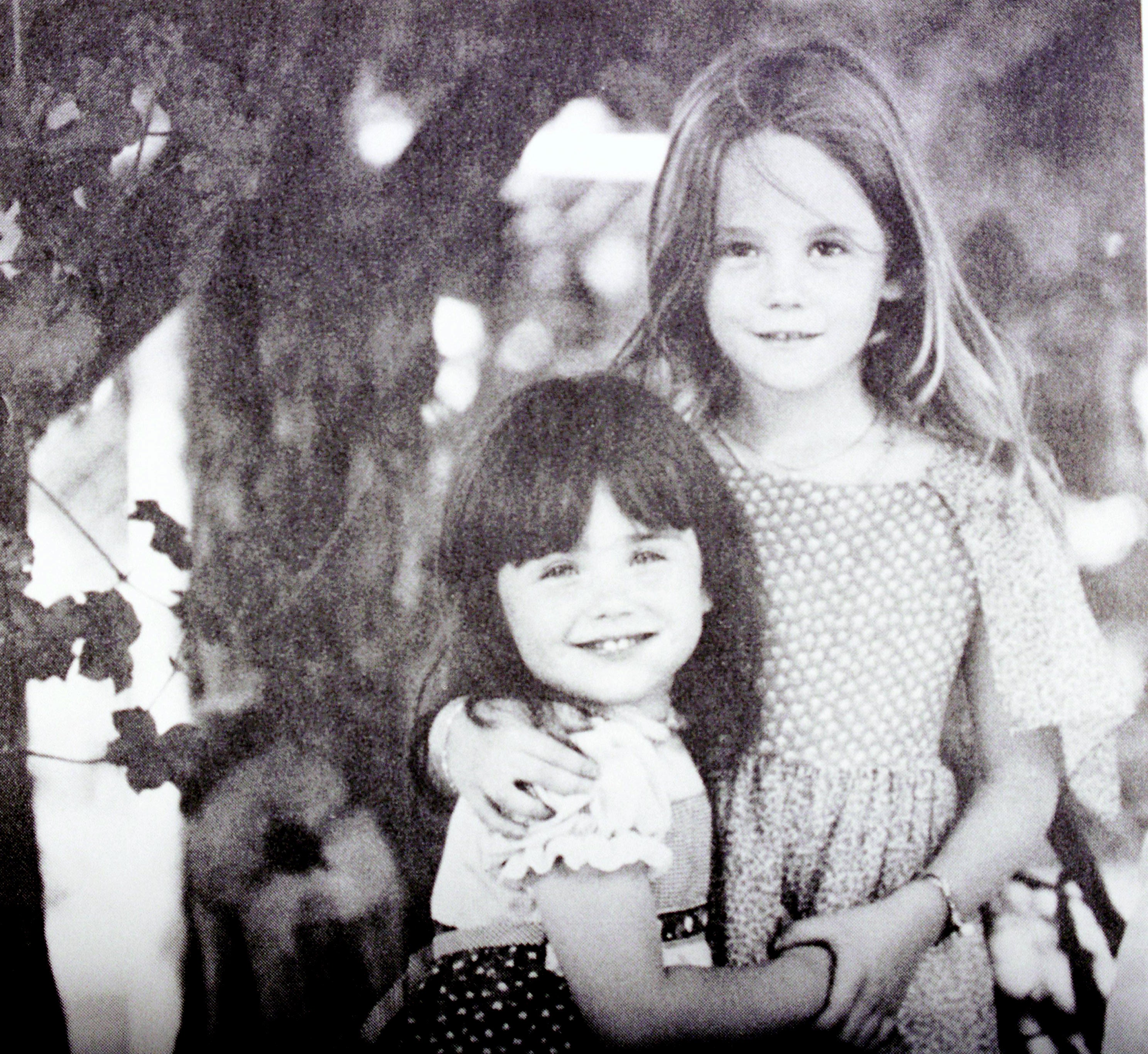
Natalie Wood was a three-time Oscar nominee and four-time Golden Globe winner, with performances in Rebel Without a Cause, West Side Story, Splendor in the Grass, and Love with the Proper Stranger. After a string of roles and award nominations in the fifties and sixties, her career slowed down, the change of pace coinciding with the birth of her two children.
Natalie Wood married Robert Wagner twice: the first time from 1957, and the second time in 1972. The first marriage ended in 1962. Between 1969 and 1971, Natalie was briefly married to talent agent and movie producer Richard Gregson, with whom she had a daughter, actor Natasha Gregson Wagner, born in 1970. Natalie remarried Wagner in 1972, and their daughter Courtney Wagner was born in 1974.
Around the time of her death, Natalie had been eager to return to Hollywood, according to her sister. “She wanted to get rolling on her career again,” Lana says. “She was trying to find a book to produce, perhaps direct. … She was very concerned about her work and felt that she took a lot of time off after having the kids. And she felt that they were at an age where she could go to work during the day and be fine as both of them were in school. She was very anxious to find something.”
Lana, eight years Natalie’s junior, was an advocate for her sister even before the publication of her book. For years, she has sought to draw attention to what she views as inconsistencies in the various theories that have been put forward in the case of Natalie’s death. Lana was moved to publish Little Sister on the 40th anniversary of those events, with the hope of honouring Natalie’s memory.
“I don’t know how people are remembering her, or if they are,” she says. “This is a reminder. And I’m trying to defend Natalie. I’ve really found all the recent stuff that’s out there mean and untrue. All of a sudden it dawned on me that nobody was looking out for her.”

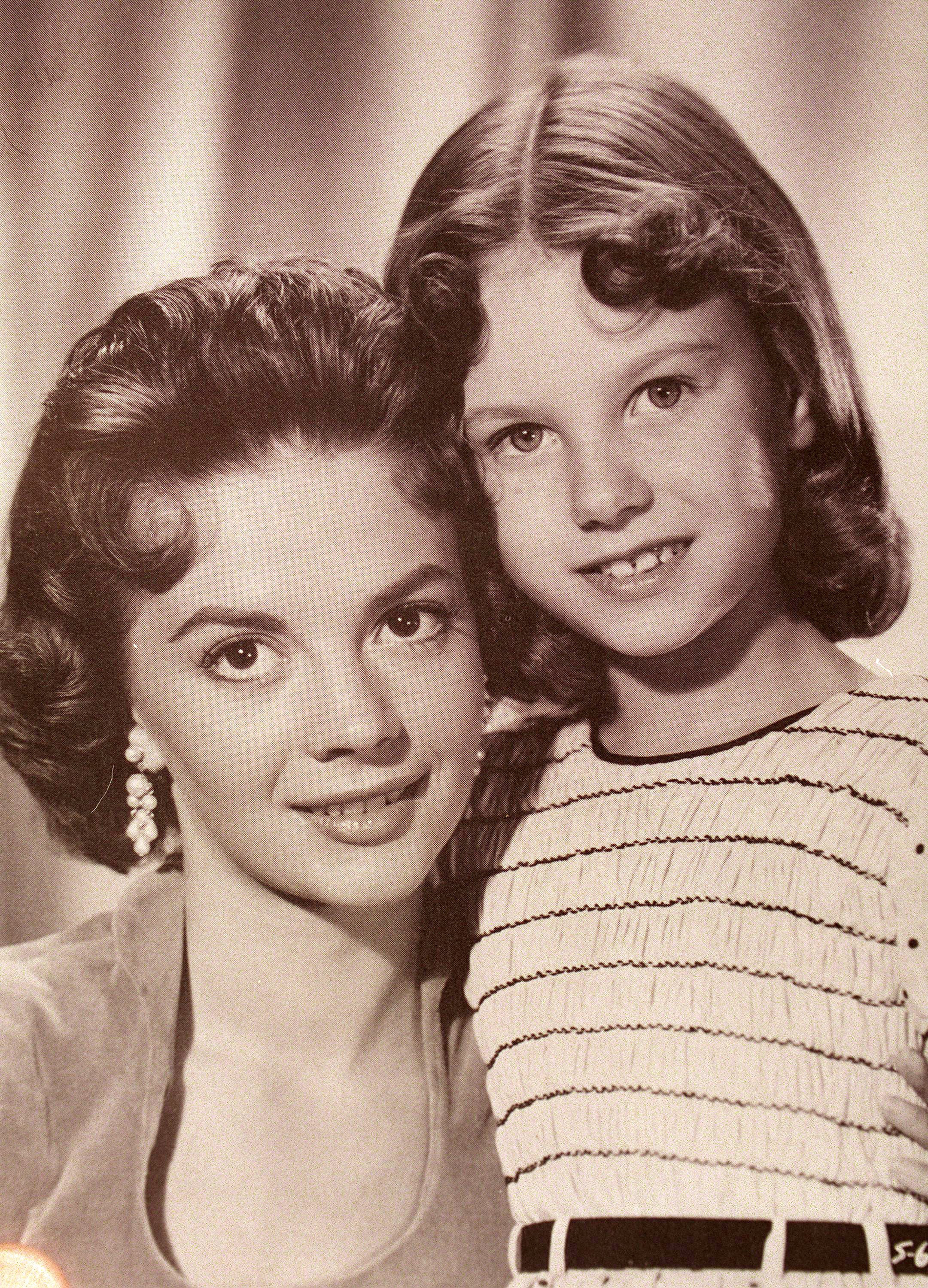
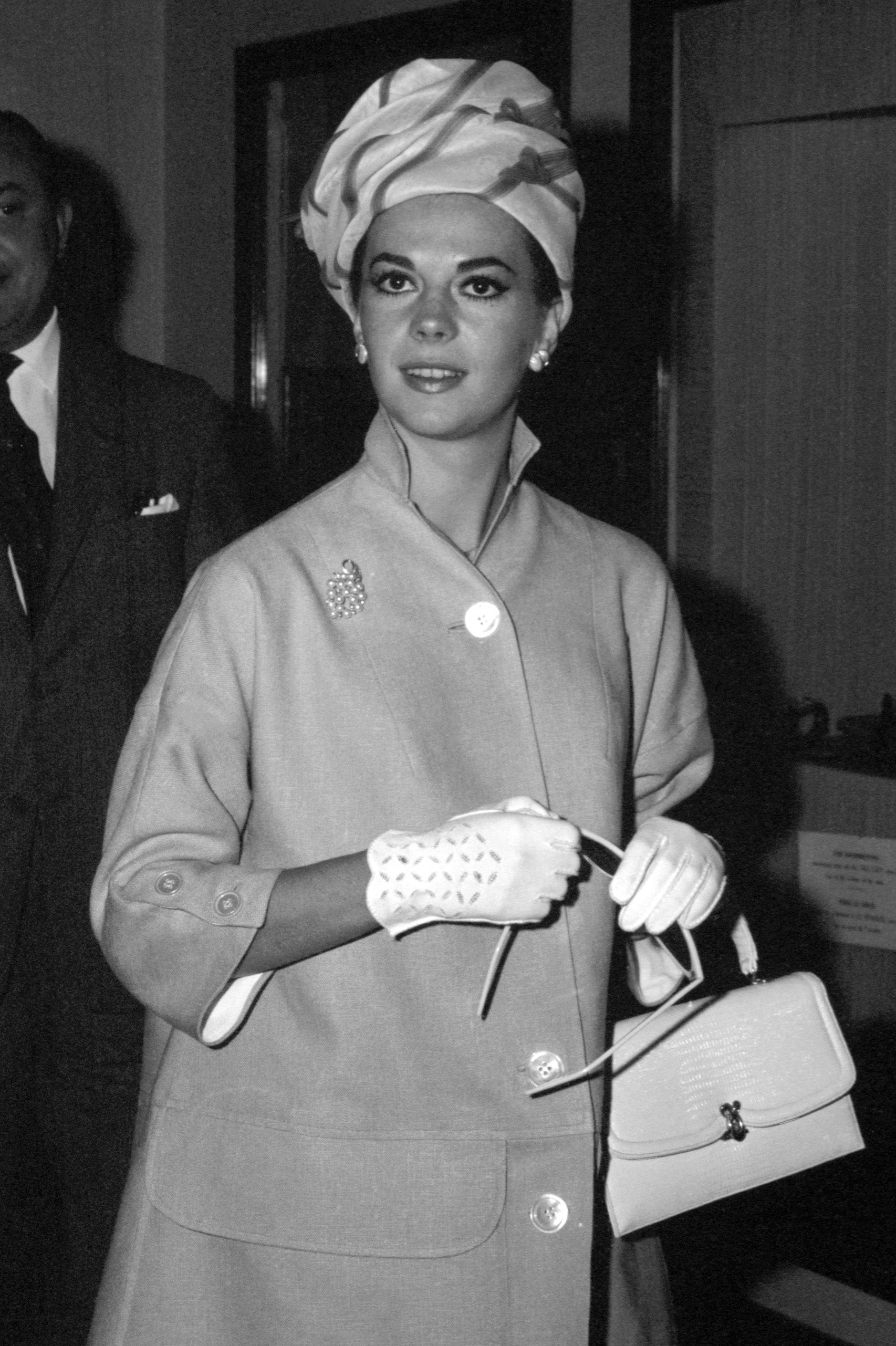
Lana has her own theory as to what she believes happened on the Splendour – the yacht on which Natalie was staying that weekend in November 1981. “I don’t think that it was planned,” she says. “It’s not first-degree anything, but it happened.”
One element in particular has stuck out to her. “Natalie would not have gone boat-hopping in her nightgown, and she would not have taken out the dinghy in her nightgown. I don’t think she’d take it out at all, but certainly not dressed the way she was. She wouldn’t go out to the mailbox without being completely dressed, with her make-up on and everything. She was very, very careful about that.”
Lana strives to do right by her sister in a multitude of ways through her writing. Along with setting the record straight on what she believes happened on the night of Natalie’s death, Lana seeks to put to rest decades of speculation by stating that Kirk Douglas was the man who sexually assaulted Natalie when she was a teenager.
“I wanted people to know what Natalie had to go through, what she had to endure, what she had to accept and go to work and keep her mouth shut,” she says. “Because my mom said, ‘If you tell anybody, you’re going to lose your job and nobody’s going to want to hire you again.’ … It colored Natalie’s reaction to men, to relationships, to such an extent that I think she had a lot more trouble than she ever told me.”
In October 2017, when the #MeToo movement gained momentum, Lana says she “immediately thought of Natalie and what she had to go through and what she had to hide”. “I wish she was around and had been able to [speak],” Lana adds. “because I think she would have found the courage to tell her story as well. There are so many of them. It’s really heartbreaking, the way things were.”

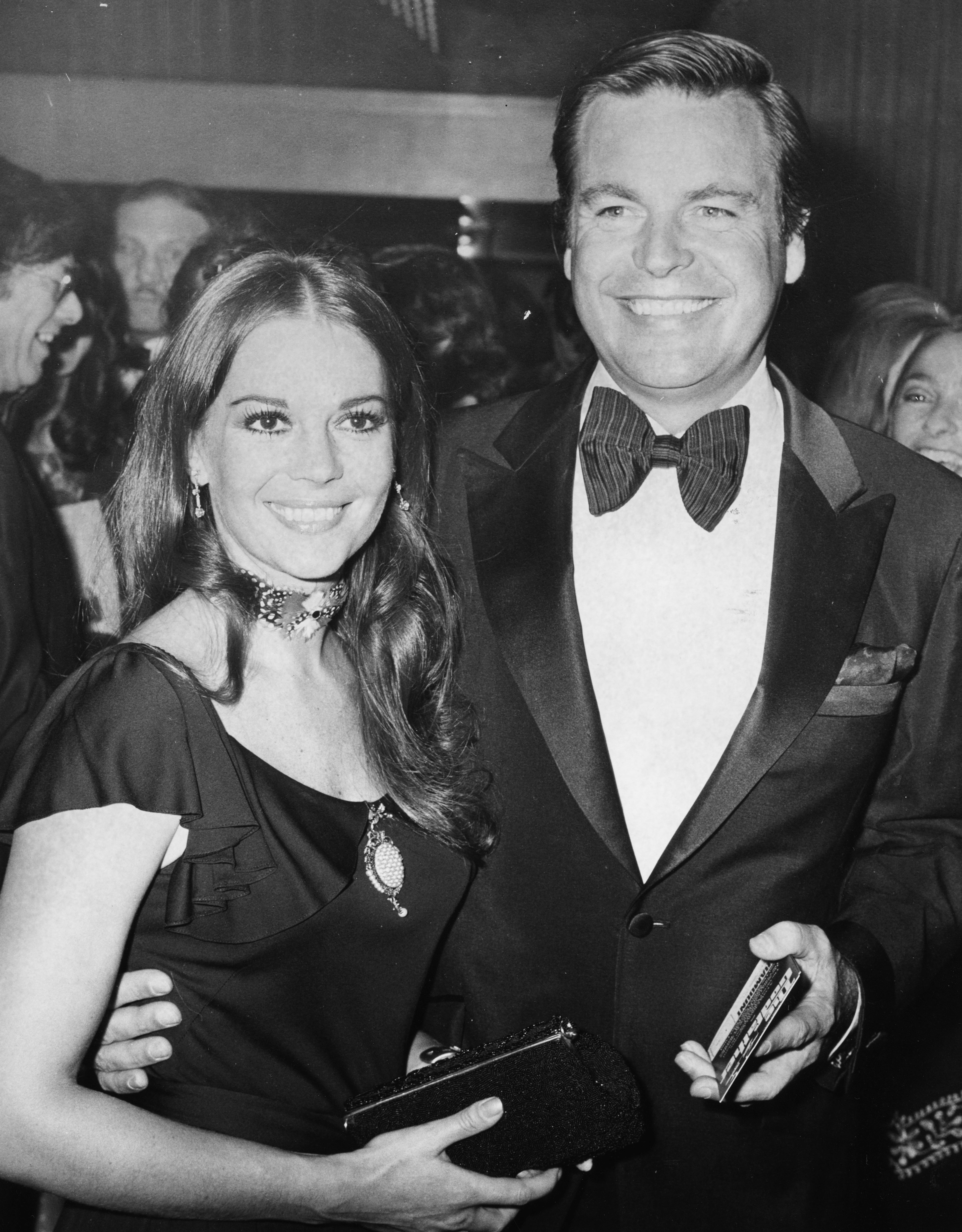
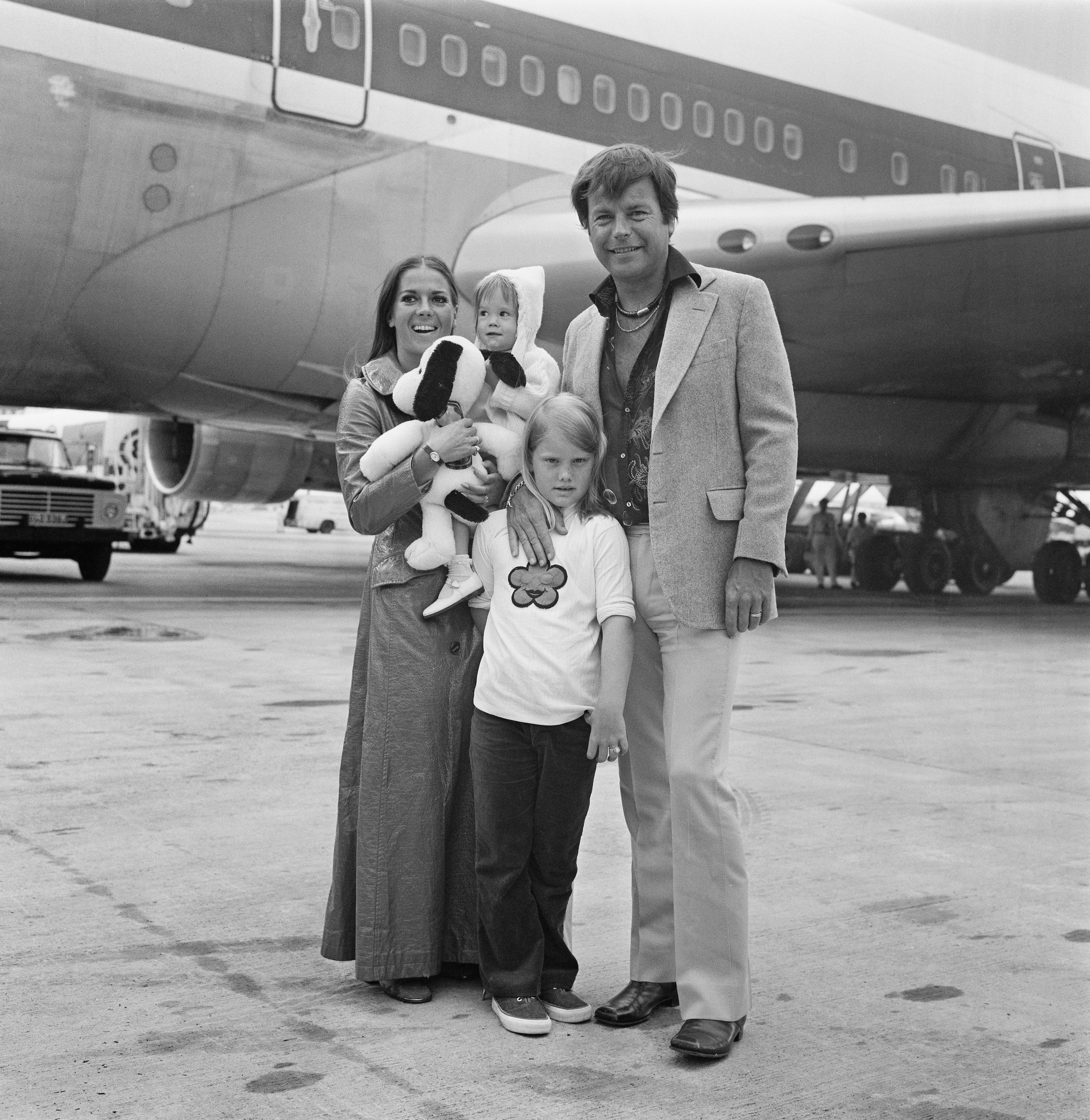
Like her sister, Lana was an actor, with roles in the TV series Peyton Place in the sixties and in the 1971 James Bond film Diamonds are Forever starring Sean Connery. She willingly admits, though, that she didn’t take to Hollywood the way her sister did, and that her own temperament was ill-suited to the pressures of fame. “I rebel,” she says. “I’m like, ‘I’m not doing any of that.’ I’ll work and I’ll enjoy that. And then when somebody yells, ‘That’s a wrap!’ I’m out of there.”
Lana is caught between hoping her book will trigger some developments in Natalie’s case and feeling the need to keep her expectations low. “I would rather just see what happens. Hope does not loom on a headline anywhere for me. It’s a little subtitle, over to the right, down at the bottom of the screen. Hope is very tiny.”
With her book, she says she doesn’t seek revenge or vengeance. “I don’t imagine anything will really come from this, but my hope is that there’s another witness that is willing to come out.” she says. “I don’t even know if that would make a difference, but at least it keeps things honest and truthful.”
Little Sister: My Investigation into the Mysterious Death of Natalie Wood, by Lana Wood, is published by Dey Street Books in the US and in the UK.







